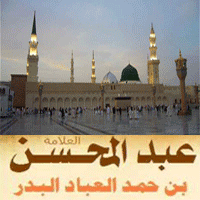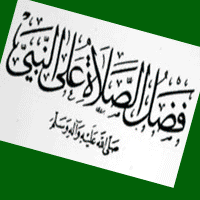مايو 2010
In the words of Prof. Hurgronje: "The league of nations founded by the prophet of Islam but the principle of international unity and human brotherhood on such universal foundations as to show candle to their nations. "He continues: "the fact is that no nations of the world can show a parallel to what Islam has done towards the realization of the idea of the League of Nations."
Michael H. Hard in his recently published book on rating of men who contributed towards the benefit and upliftment of mankind writes: "My choice of Muhammad to lead the list of the world's most influential persons may surprise some readers and may be questioned by others, but he was the only man in history who was supremely successful on both the religious and secular levels." (M.H. Hard, "The 100: A ranking of the most influential persons in History", New York, 1987, pp.33).
******
The Global Program for Introducing the Prophet of Mercy (peace be upon him) condemns the return of the offensive caricatures of the Prophet Muhammad (peace be upon him)
He insists that such an action was a deliberate provocation. The united effort of these newspapers in ‘redeploying’ abusive caricatures in one day, thereby profaning the status of the Prophets, especially that of the seal of the Prophets, Muhammad (peace be upon him) deserves condemnation. Such an action threatens the coexistence of cultures, religions and peoples.
It gives the “Global Program for Introducing the Prophet of Mercy”, great pleasure to announce the winners of the Ramadhan Seerah competitions and Essay competition:
winners of the Ramadhan Seerah competition:
1. Nizam Patel. (Blackburn, U.K)
2. Mohammed Jalal Raza (Cairo, Egypt)
Both winners will be awarded with a free round trip airline ticket to Makkah to perform Umrah. The prize also includes accommodation at a 4/5 star hotel in Makkah for 3 nights.
Winners of the Essay competition:
1. Ahsan Abdul Qadir (abdul shukoor p)
Supported by HE Sayed Hassan Abbas Sharbatli's Charity Association.
Award's first year (1427H - 1428H ) topic:
Features of Mercy for Human Beings in the Peronality of Mohammad (PBUH)
There are two Winners of First Price (SR 300,000 / 2):
The Prize will be divided by two and given to each winner
Dr. Raghib Al-Hanafi Raghib Al-Sirjani from Egypt.
Dr. Faisal Ahmad Al-Nadawi from India.
There are two Winners of Second Price (SR 200,000 / 2):
The Prize will be divided by two and given to each winner
a. His Guidance in Relieving Oneself
When entering the toilet he (peace be upun him) would say:
“O Allah, I seek refuge with you from evil and evil ones."
And upon coming out he (peace be upun him) would say: “I seek Your forgiveness.”
He (peace be upun him) usually urinated while squatting.
He (peace be upun him) sometimes cleaned himself with water, sometimes with stones and sometimes used both.
He (peace be upun him) used his left hand to clean himself.
He (peace be upun him) would call out the adhaan with or without repetition. He (peace be upun him) also pronounced the words of the iqaamah once or twice, except that he always repeated the words “Qad qamat is-salaah” (Prayer has begun) twice.
He (peace be upun him) ruled for his people that one who hears the adhaan should repeat the words after him, except for the words “Hayya `alas-salaah" and "Hayya `alal-falaah”, where one should say “La hawla wa la quwwata illa billaah." (There is no might and no power except through Allah.”
a. His Guidance in Beginning and Recitation
When he (peace be upun him) began prayer, he would say: "Allahu akbar" (Allah is most great). He (peace be upun him) would not say anything before that and never pronounced the intention (niyyah).
He (peace be upun him) would raise his hands to the earlobes or shoulders with his fingers straight, facing the Qiblah, and then place his right hand over the back of his left.
From his guidance was to honour Friday and the Friday (Jumu`ah) prayer, designating to it particular practices such as taking a bath, wearing one's best clothes, listening attentively to the sermon and frequently invoking blessings on the Prophet (peace be upun him).
He (peace be upun him) used to lead the Eid prayer at the musalla, wearing his best clothes.
At Eid al-Fitr, he ate an odd number of dates before heading for the musalla. But for Eid al-Adha he (peace be upun him) delayed eating until after the prayer, then he ate from his sacrifice. He would delay the Eid al-Fitr prayer and hold the Eid al-Adha prayer early.
He (peace be upun him) walked to the musalla carrying a pointed stick to be implanted in front of him as a sutrah in prayer.
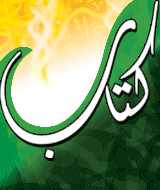

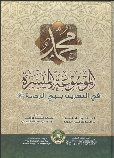
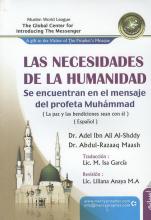
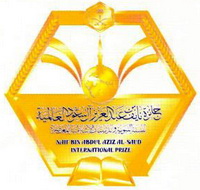

.jpg)
